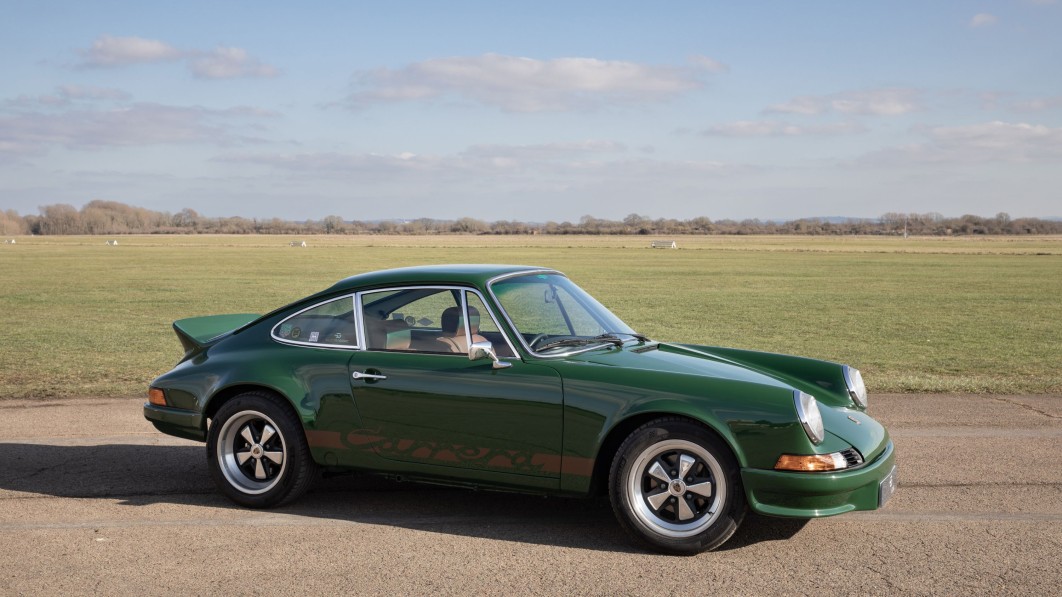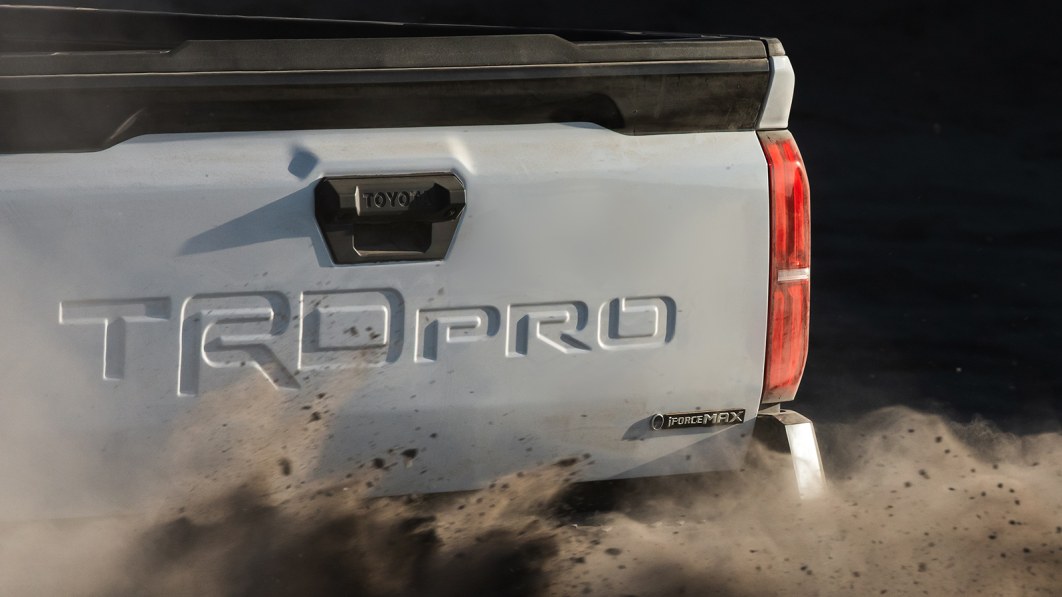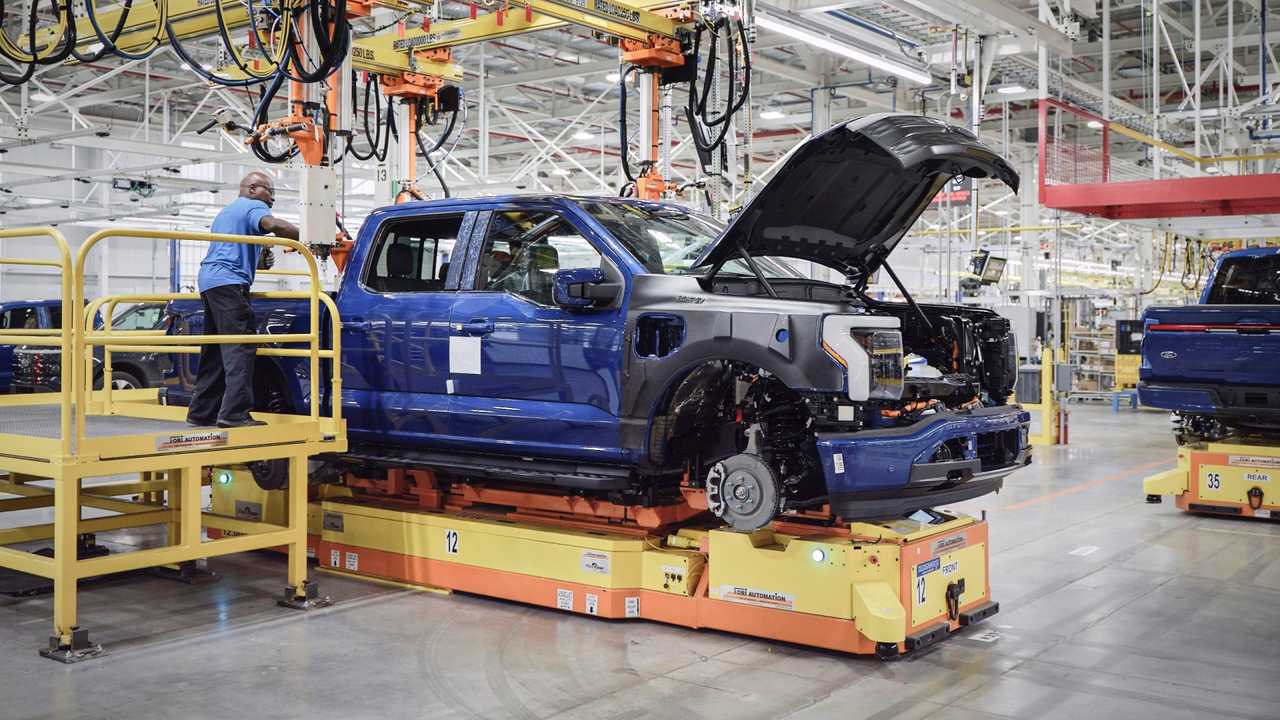In the past five weeks, NIO vehicles had 11,929 insurance registrations. The company delivered 10,378 vehicles in March.

China's new energy vehicle (NEV) sector saw continued improvement last week, with most major players posting sales increases.
In the week ending April 2, insurance registrations for all vehicles in China were 465,500, up 46.9 percent year-on-year and up 19.9 percent from the previous week, according to data shared today by several auto bloggers.
Of these, 139,500 were NEVs, up 44.7 percent year-on-year and up 9.28 percent from the previous week, with a penetration rate of 29.96 percent.
Gasoline vehicles were 326,000 units, up 47.9 percent year-on-year and up 25.1 percent from the previous week.
BYD vehicles continued to register the highest number of insurance units last week at 46,218, up from 43,490 the previous week.
In the past five weeks -- February 27 to April 2 -- BYD NEVs had 204,195 insurance registrations in China.
As a comparison, BYD sold 207,080 wholesale NEVs in March, including 13,312 units sold overseas, according to data it released on April 2.
Insurance registrations for Tesla vehicles in China last week were 14,275, slightly lower than the previous week's 15,886.
In the past five weeks, Tesla vehicles had 79,171 insurance registrations in China.
Tesla sold 88,869 China-made vehicles in March, including exports, according to data released earlier today by the China Passenger Car Association (CPCA).
Those numbers mean that Tesla's Shanghai plant may have exported only a few thousand vehicles in March, with the rest for deliveries to Chinese consumers.
Tesla's pattern is to produce cars for export in the first half of the quarter and for the local market in the second half.
Insurance registrations for NIO vehicles were 2,730 last week, up from 1,909 the previous week.
In the past five weeks, NIO vehicles had 11,929 insurance registrations.
NIO delivered 10,378 vehicles in March, including 3,203 SUVs, and 7,175 sedans, according to data released by the company on April 1.
Li Auto (NASDAQ: LI) vehicles had 6,185 insurance registrations last week, up from 5,081 in the previous week.
In the past five weeks, Li Auto vehicles saw 24,169 insurance registrations. For comparison, it delivered 20,823 vehicles in March.
XPeng (NYSE: XPEV) vehicles had 2,034 insurance registrations last week, up from 1,564 the previous week.
XPeng's total for the past five weeks was 7,950, and the company delivered 7,002 vehicles in March.
Zeekr vehicles had 2,571 insurance registrations last week and a cumulative total of 7,555 over the past five weeks. It delivered 6,663 vehicles in March.
Neta had a figure of 3,740 vehicles in the last week and a total of 12,286 vehicles in the last five weeks. It delivered 10,087 vehicles in March.
BMW had 2,598 NEV insurance registrations last week, for a total of 9,959 over the past five weeks.
China's Mar passenger NEV wholesale sales up 20% MoM to 600,000, CPCA estimates show
The post China NEV insurance registrations for week ending April 2: BYD 46,218, Tesla 14,275, NIO 2,730 appeared first on CnEVPost.
For more articles, please visit CnEVPost.










